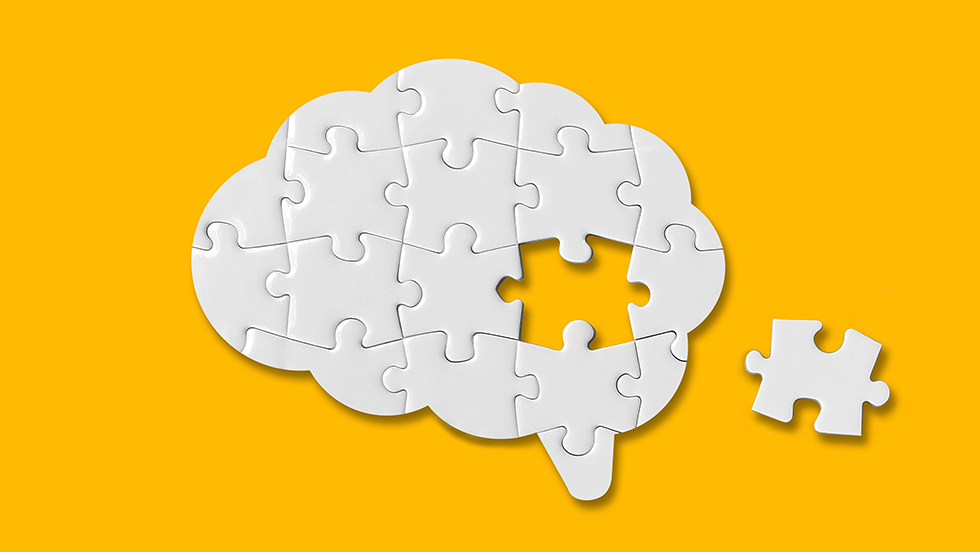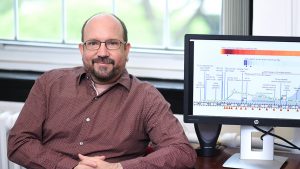
New research explores how COVID-19 shaped our memory processes.
When we undergo difficult experiences, our minds hold on to the negative memories to help us better adapt to similar situations in the future. Even now, years later, most of us can recall key scenes and sensations from the earliest days of the pandemic. But how did the shared experience of COVID-19 shape how we all individually remember it?
Damian Stanley, PhD, assistant professor in the Gordon F. Derner School of Psychology, and colleagues Nina Rouhani, PhD, and Ralph Adolphs, PhD, of the California Institute of Technology, wanted to find out. They pulled data from the COVID-Dynamic project—a groundbreaking effort Dr. Stanley co-led that collected psychological and behavioral information from 1,000 subjects nationwide—to understand how people’s experiences of lockdown influenced the makeup of their long-term memory. The team analyzed three years’ worth of memory data for the study “Collective events and individual affect shape autobiographical memory”1 (Proceedings of the National Academy of Sciences, July 2023).
Dr. Stanley and his co-researchers found that participants’ autobiographical memories from March 2020 were particularly sharp, even across the three years of measurement. However, high-impact mass events like COVID-19 often recalibrate our sense of time, which in turn reshape the processes that form our personal memories. During lockdown, the authors note, restrictions in movements and access potentially hindered “the formation of new and distinct memories, leading to smaller or compressed estimates of time for events spanning it.”
Participants’ experiences of emotion further amplified their memories. The more negative the emotion, the more easily they were able to recall it. Unsurprisingly, their memories prioritized “the surprising and stressful events of the pandemic in our autobiographies.”
For Dr. Stanley, the power of the study comes not from its conclusions, but from the scale of its source. “While these results fit with what we know about psychological theories of memory formation under stress, as well as anecdotal evidence about compressed estimates of time during lockdown, they probably could not have been easily demonstrated with data collected in the lab,” he said. “The data we gathered for COVID-Dynamic is extraordinary in breadth. It will generate many different studies for years to come.”
Biography

Damian Stanley, PhD
Damian Stanley, PhD, assistant professor of psychology, focuses his research on developing a rigorous computational account of the neurocognitive mechanisms through which we learn about other people, make social predictions and are influenced by social biases. His work integrates a wide range of techniques from cognitive neuroscience, neuroeconomics, computational modeling of learning and decision-making, and social and clinical psychology.
1 Rouhani, N., Stanley, D., The COVID-Dynamic Team, & Adolphs, R., (2023). Collective events and individual affect shape autobiographical memory. Proceedings of the National Academy of Sciences. 120(29) e2221919120. https://doi.org/10.1073/ pnas.2221919120